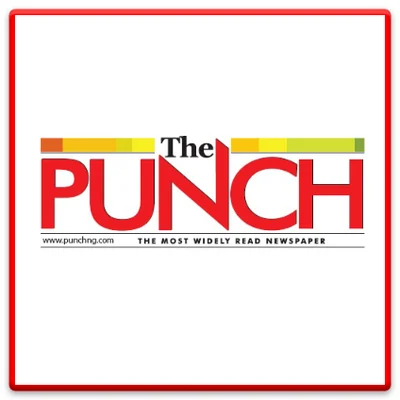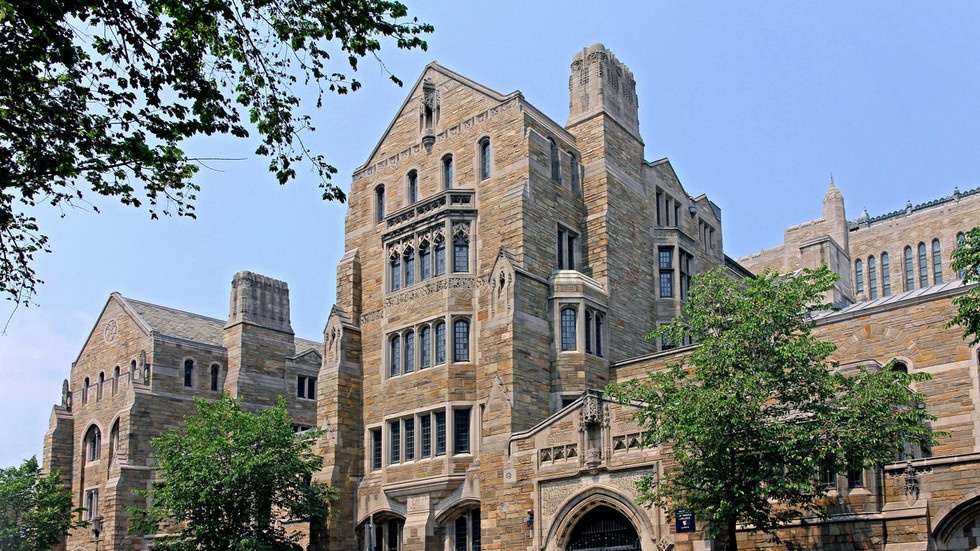Liberia’s Progress Threatened by Corruption, Says Senator Konneh
Liberia has made significant progress in securing eligibility for a second Millennium Challenge Corporation (MCC) Compact, but corruption remains a major obstacle, according to Senator Amara Konneh of Gbarpolu County. The senator warned that if not adequately addressed, corruption could jeopardize the Compact and weaken its impact.
The International Monetary Fund (IMF) recently approved $26.5 million to support Liberia’s Balance of Payments, following the completion of the 2025 Article IV Consultation and the third review under the Extended Credit Facility (ECF) Arrangement. While commending this milestone, Senator Konneh expressed concerns about the country’s economic health, citing the IMF’s downgrade of Liberia’s 2025 growth projection from 5.6% to 4.6%.
The senator emphasized that structural weaknesses and low consumption highlight citizens’ limited buying power, signaling a weak economy. He also drew attention to the IMF’s mention of “widespread corruption” as a persistent roadblock to development, which hinders growth, weakens investor confidence, and threatens the country’s ability to achieve sustained, inclusive development.
As a former Finance Minister, Senator Konneh understands the challenges of dealing with external factors, corruption, and limited professional capacity. However, he remains optimistic, noting that Liberia is better off than it was in 2006, when the country inherited a collapsed and isolated economy after a prolonged civil war.
The senator acknowledged the gains made by the Boakai administration in stabilizing the exchange rate and inflation but stressed the need for transformative reforms to grow the economy and accelerate development. He warned that the government’s flagship ARREST Agenda for Inclusive Development (AAID) is overly ambitious and requires strong institutions, ample resources, and effective leadership.
Senator Konneh outlined his vision for fiscal transformation, urging a complete overhaul of the National Budget to optimize growth through better natural resource concessions, smarter public spending, job creation, and equitable redistribution. He emphasized the importance of initiating a national conversation on natural resource management and allocation of rents, as well as cautioning against the politicization of governance as the 2029 elections draw closer.
The senator expressed readiness to work collaboratively across branches of government and with international partners to address these challenges and unlock private-sector growth. As Liberia’s leaders look ahead, they must prioritize bold, principled choices that improve lives, rather than making decisions based on political interests.



